A car loan is a personal loan that allows the buyer to pay the vehicle off in monthly payments instead of having to pay the full price at once. Unless you have seriously saved, most people will need a car loan when purchasing a vehicle. However, a car loan is considered bad debt because vehicles depreciate quickly and lose their value over time. That is why it is advisable to pay off your loan as fast as you can. Here are a few ways to help you do that.

Billion Photos/shutterstock.com
Tip 1: Calculate Penalties for Early Repayment
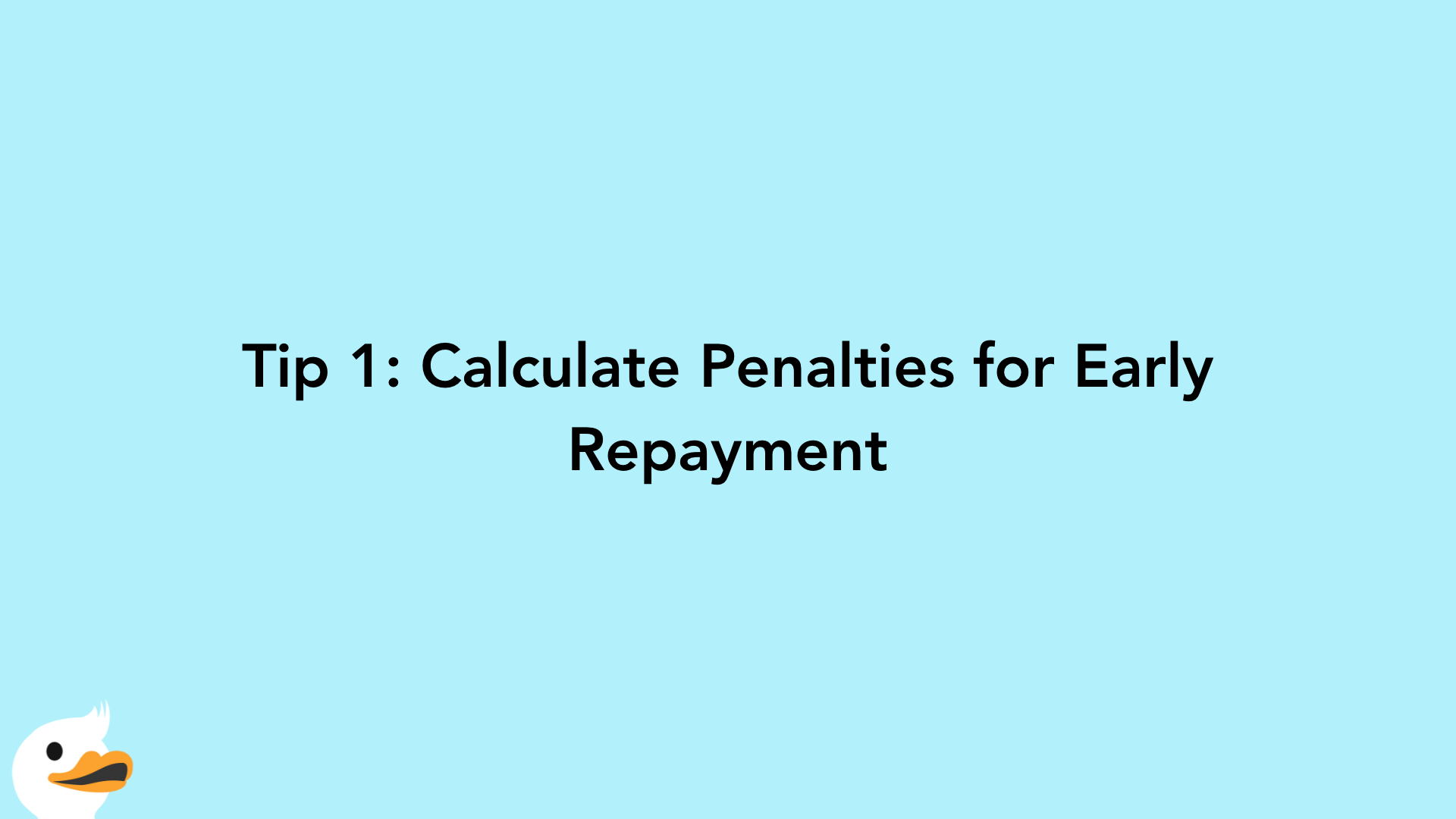
Banks charge early settle penalties because they actually lose money when you pay off your loan early. Lenders earn their profit by keeping you in debt for a longer period of time, constantly accruing interest. Paying your loan off early reduces the number of interest payments, thereby reducing their profit. However, sometimes, even with the penalty, it may still save you money. It is important to calculate the final balance using the Rule of 78. This is a formula used to compute the interest charged on a loan across its payment period. It takes into account the interest rebate on the outstanding loan period and what the bank will charge as a fee for early repayment. This fee varies between lenders, but most Singapore banks generally fix the rate at 20%. We won’t get into the math, but there are “Rule of 78” calculators readily available online.
Tip 2: Pay Half Your Monthly Payment Every Two Weeks
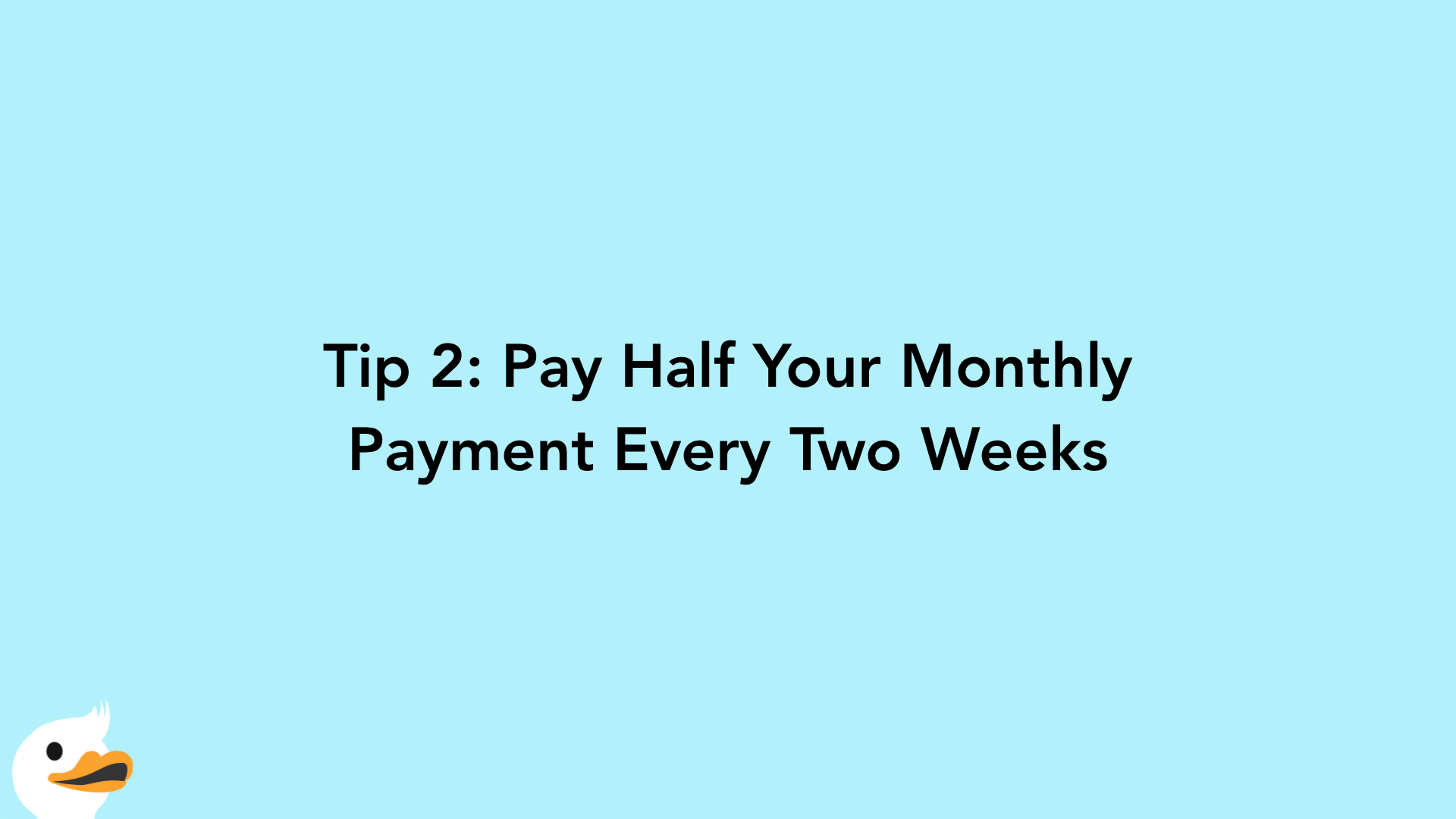
If it makes financial sense to pay off your car loan early, try to make a payment every two weeks. This way you will make 26 half-payments per year. By the end of the year, you will have paid 13 full payments, as opposed to the traditional 12. This may not seem significant, but if you have a 60-month term car loan, you will repay the loan in 54 months. That’s 6 extra months of being debt free!
Tip 3: Round Up
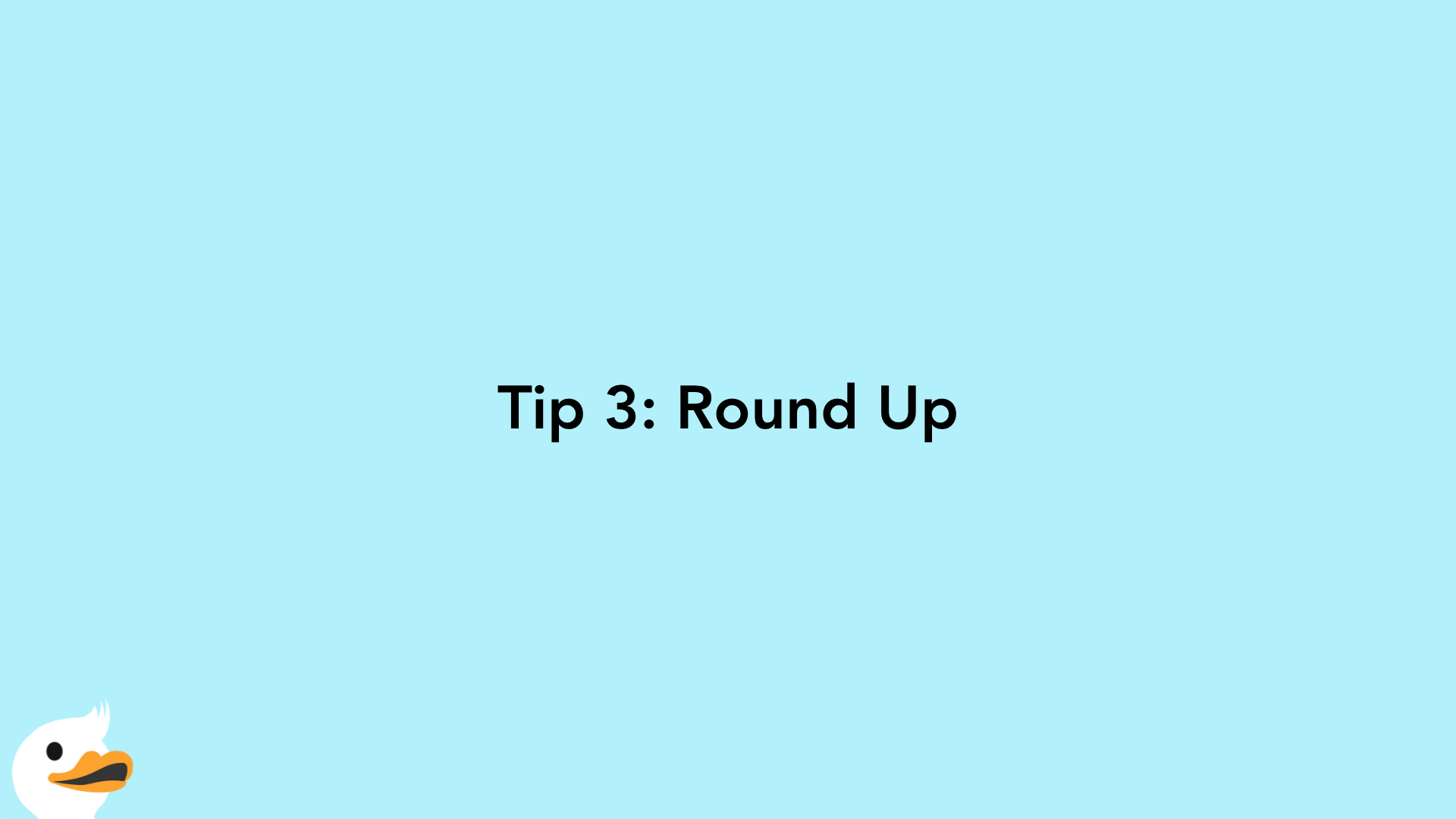
Instead of just paying what is recommended, round your payments up to the nearest S$50. Yes, you are paying a little extra, but rounding up just a little makes it a nice round number and helps you save a bit on interest.
Tip 4: Make One Large Extra Payment Per Year
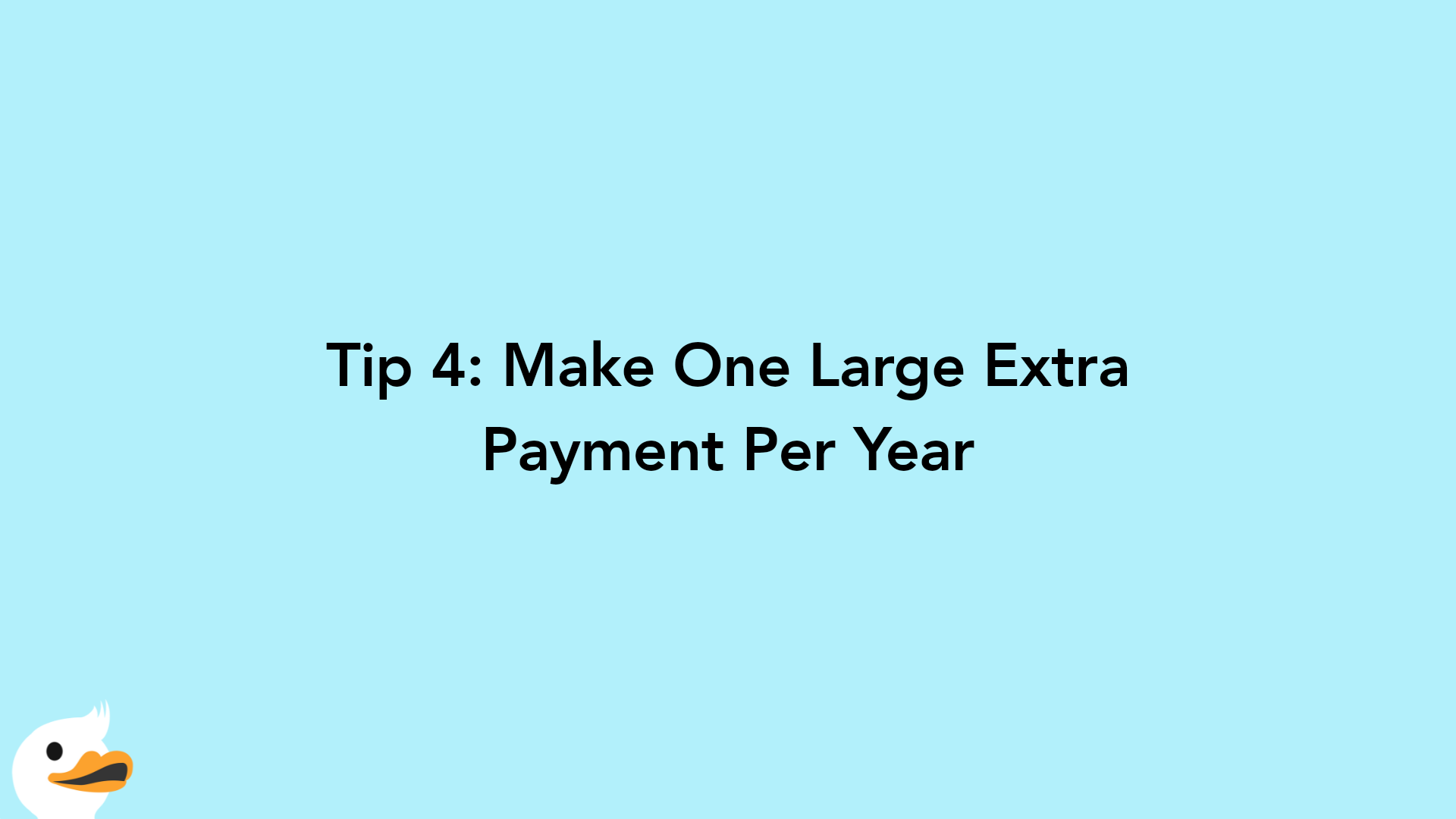
The concept comes down to paying a bit extra and earlier. If you cannot pay every two weeks, another option is to make an extra payment every year. You will then repay a 60-month term car loan in 49 months, saving you a bit in interest. Remember, the earlier and larger you make your payment, the more you will end up saving and the sooner you will pay off your car loan.
Tip 5: Never Skip Payments
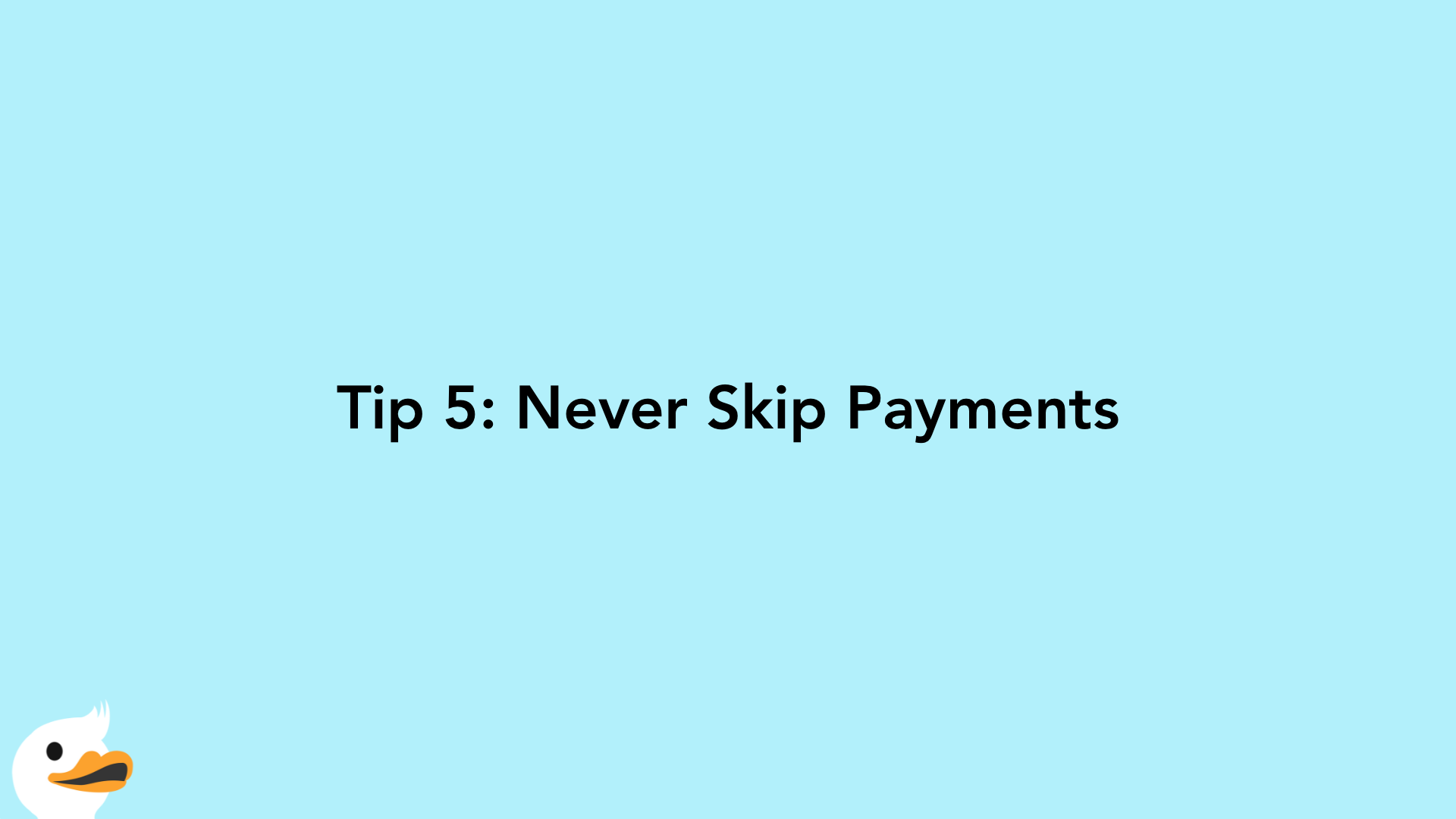
Some lenders let you skip your payment once or twice a year, such as around Christmas time. You may think you are getting a break and can use that money elsewhere, but you are simply lengthening the term of your loan, In reality, it will cost you more in interest.
Tip 6: Refinance Your Loan
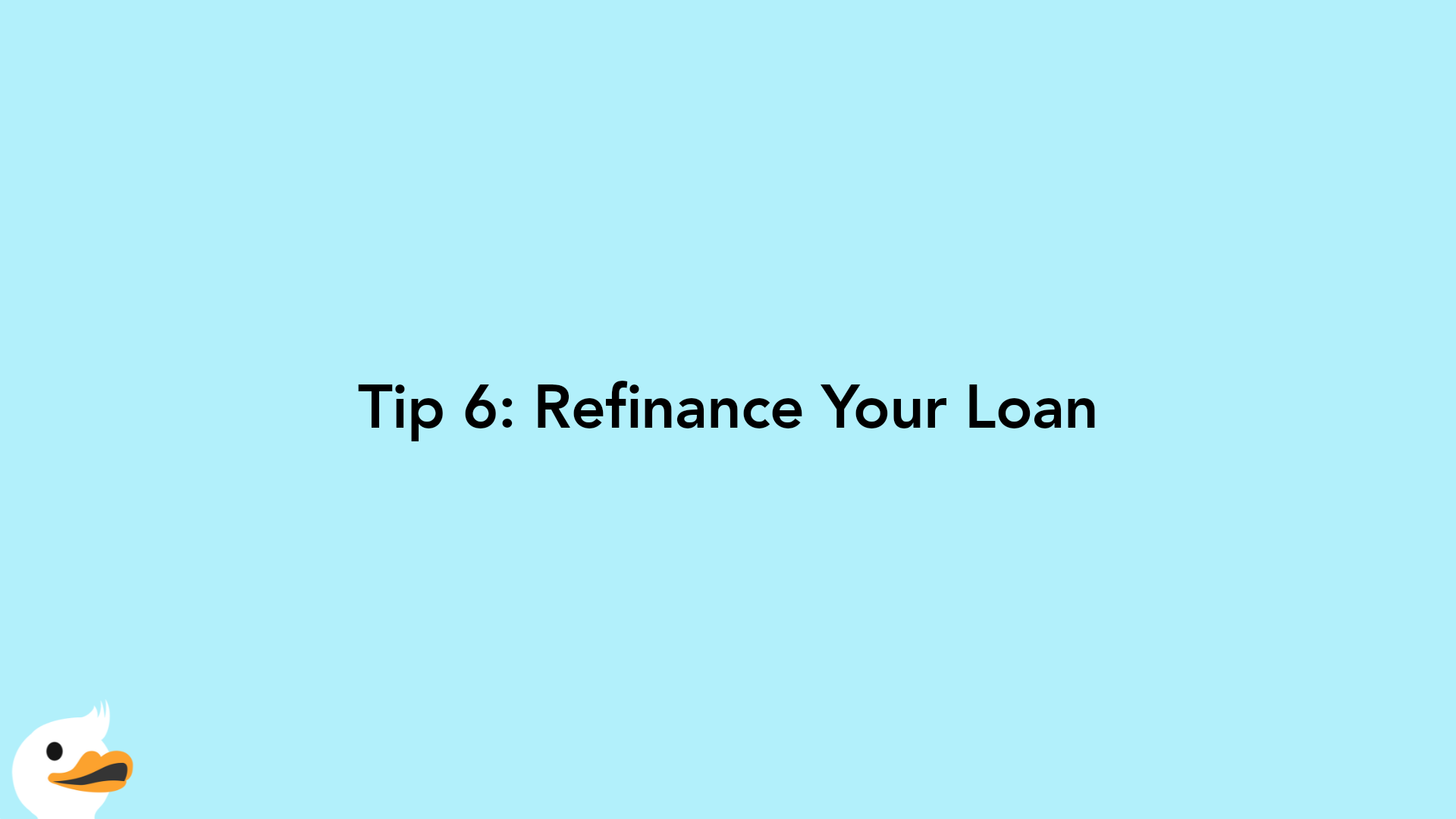
Refinancing your car loan is where you renegotiate your monthly payment and pay-off date. However, this is tricky. You will need to calculate the final balance again. Lowering your monthly payment may make your loan seem more affordable. However, this will also lengthen the term of your loan. In the end, you will end up paying more interest. Remember, you will always need to pay back the same principal amount. The longer it takes, the more interest you pay. Refinancing is a good option for those that have improved their credit score and can get a lower rate.
Tip 7: Consider the Debt Snowball Payment Method
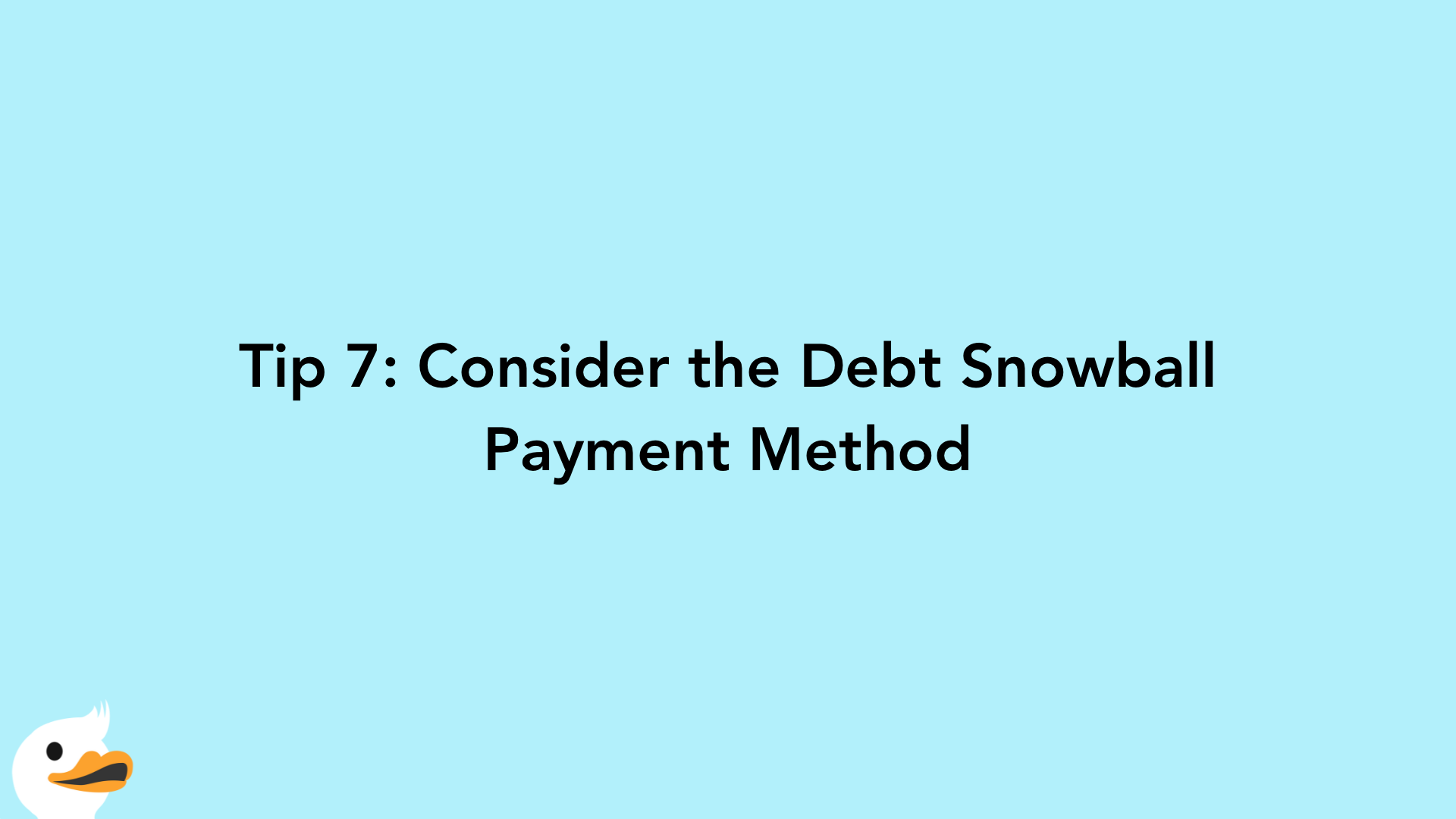
The Debt Snowball Method is a debt reduction strategy popularized by Dave Ramsey, a renowned debt and personal finance guru. Under this method, you pay off debts in order of smallest to largest. Essentially, your repayments snowball and get larger as your debts get larger. When the smallest debt is paid in full, you roll the money you were paying on that debt into the next smallest balance.
First, list your debts from smallest to largest, excluding your mortgage. Then, make minimum payments on all your debts, except the smallest. Pay the most you can afford to on your smallest debt. Repeat this until the smallest is paid off and then repeat this process with the next smallest debt.
With the next smallest debt, you would pay what you were paying from the first debt and add the minimum payment (your repayment has begun snowballing). Once you have repaid the second smallest debt, you would take that amount plus the minimum payment on the third smallest debt, and put it towards your third smallest debt, and so on.
This method is atypical because it’s not about math. In fact, this method works because it’s about behavior modification. Once you start eliminating debts one at a time, you build momentum to get out of debt faster.
Tip 8: Utilize Any Extra Money
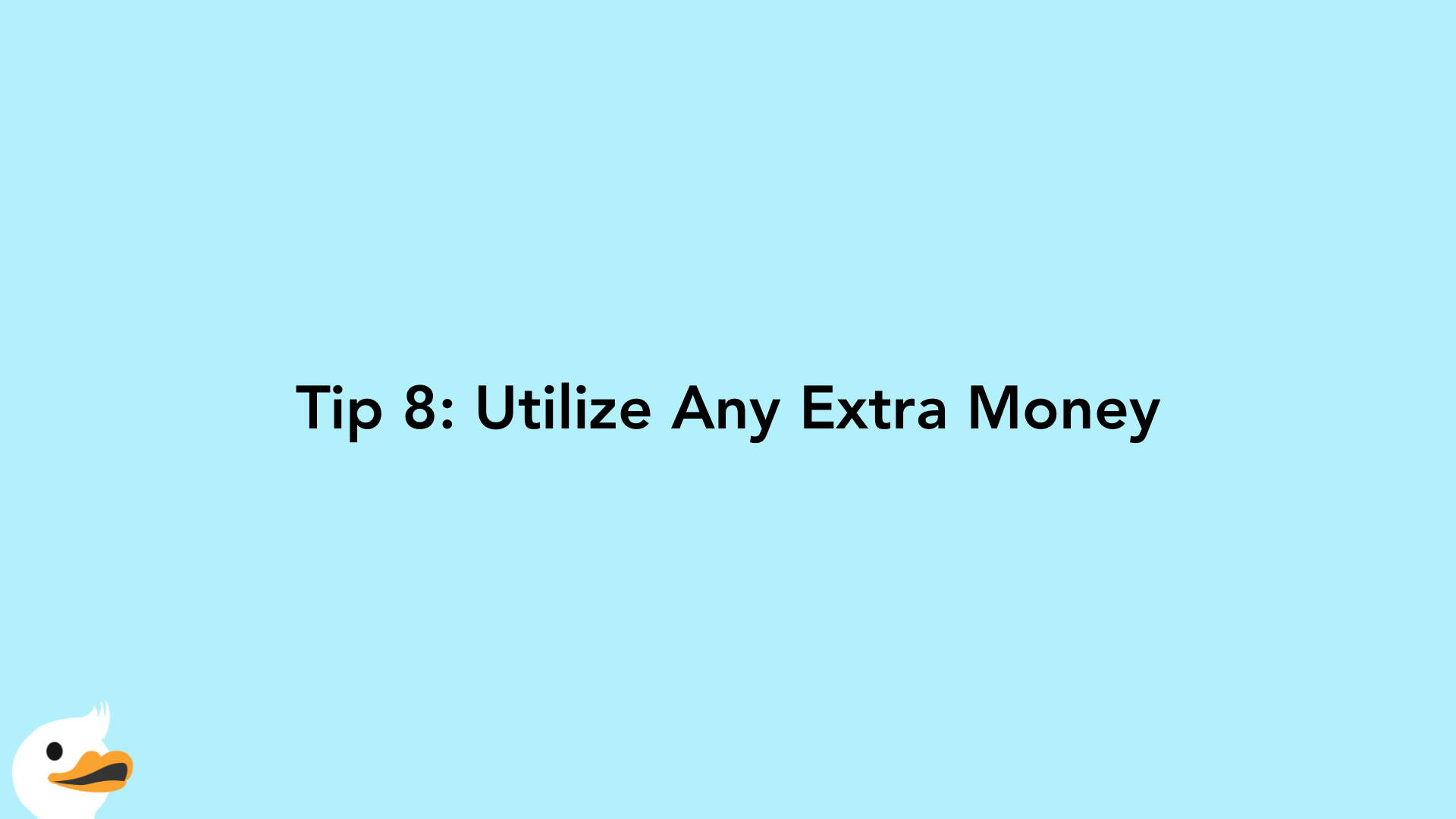
Any extra money that you come into should be put towards lowering your car loan balance. This includes tax refunds, bonuses, pay raises. Many debt experts recommend picking up any extra jobs you can. It is best to do something you enjoy since this is in addition to your normal job. Be careful not to start any new businesses though, as may require start-up money. Needless to say, putting all your extra money towards debt requires a lot of self-control and willpower to resist the urge to spend the extra cash somewhere else.
Tip 9: Temporarily Slim Down Your Budget
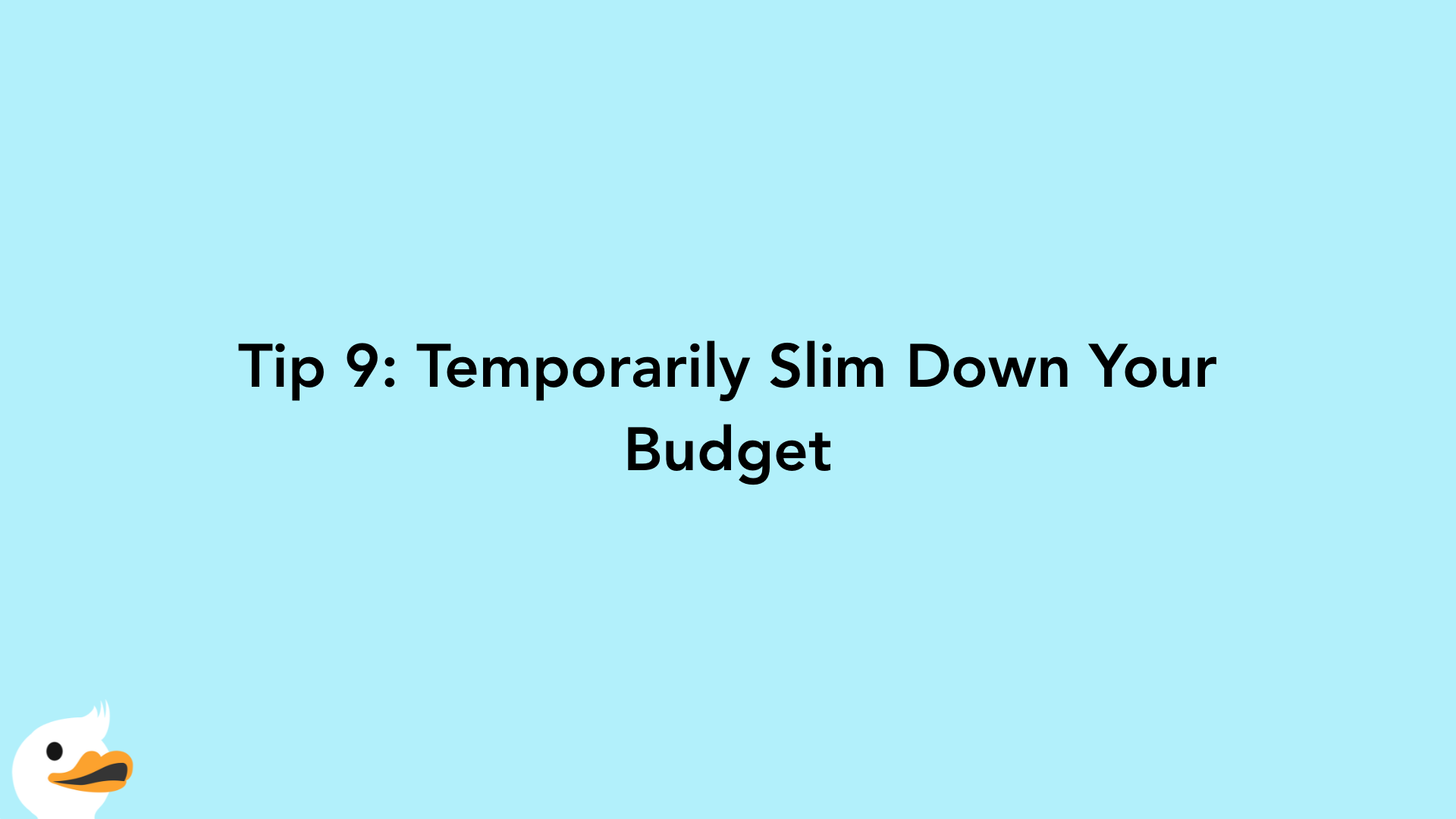
Can you temporarily slim down your budget or even eliminate categories in your budget? For example, do you really need cable television, Hulu, and Netflix? Is it possible to eliminate the subscriptions and look for free options? Or if you can’t swallow eliminating television altogether, can you opt to choose one television service only? Remember to always check cancelation fees before closing any accounts.
Tip 10: Making the Last Payment
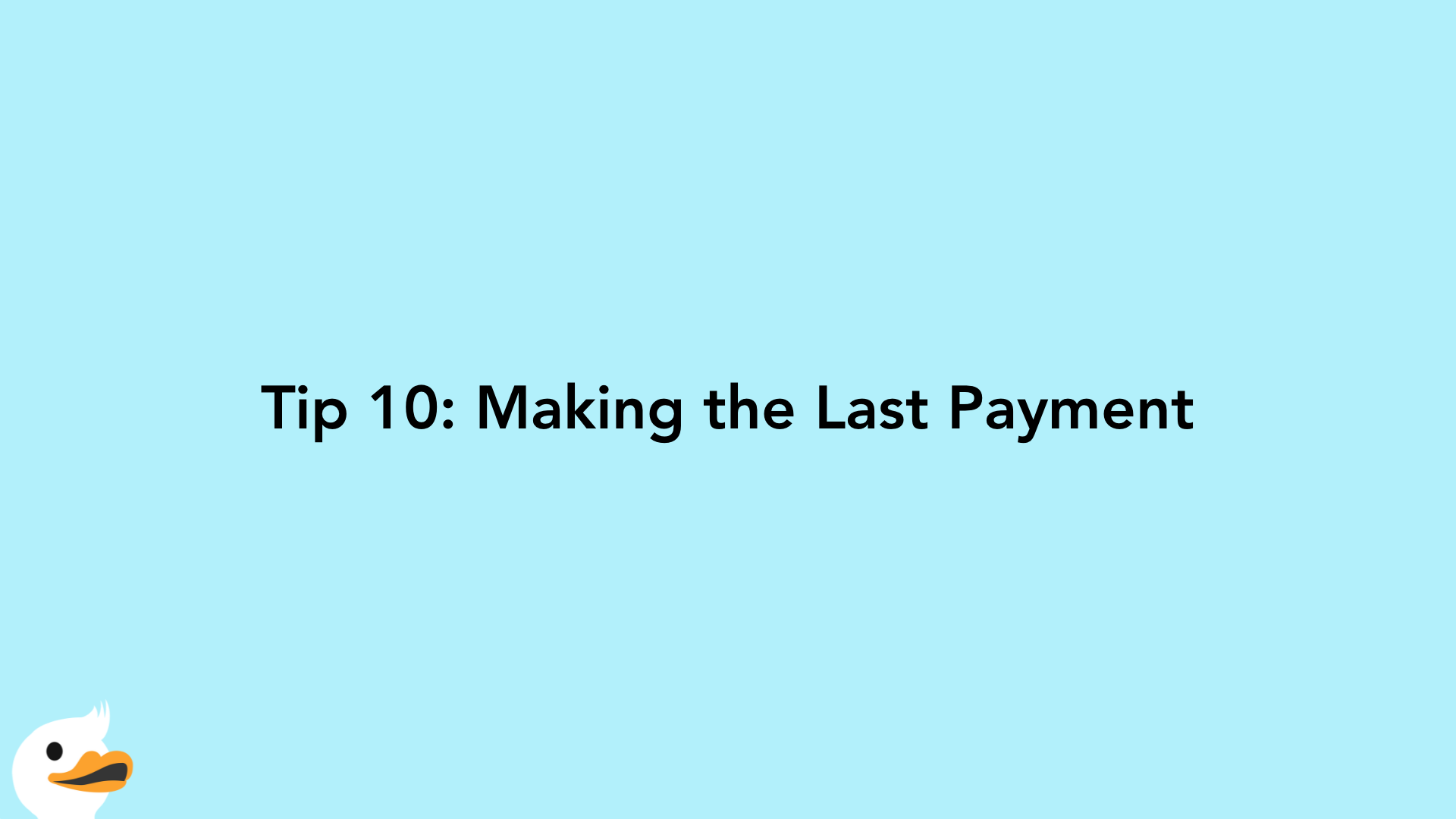
When you are ready to pay the loan off, contact your bank to find out the final payment amount. The interest may accrue daily, so the amount will change. Pay the quoted amount as soon as possible. If everything is truly paid off, you should expect the bank to mail you the title to your car within the next few weeks. Always verify that you do not owe any additional interest on the loan.
Final Thoughts

When you are successfully throwing money at your car loan to pay it off early, make sure you specify it is towards the principal payment. If you don’t specify this, your extra money may go toward your next monthly payment instead. This won’t help you achieve your goal of paying off your car loan earlier by saving on interest. With determination and a plan, you can pay off your car loan early!







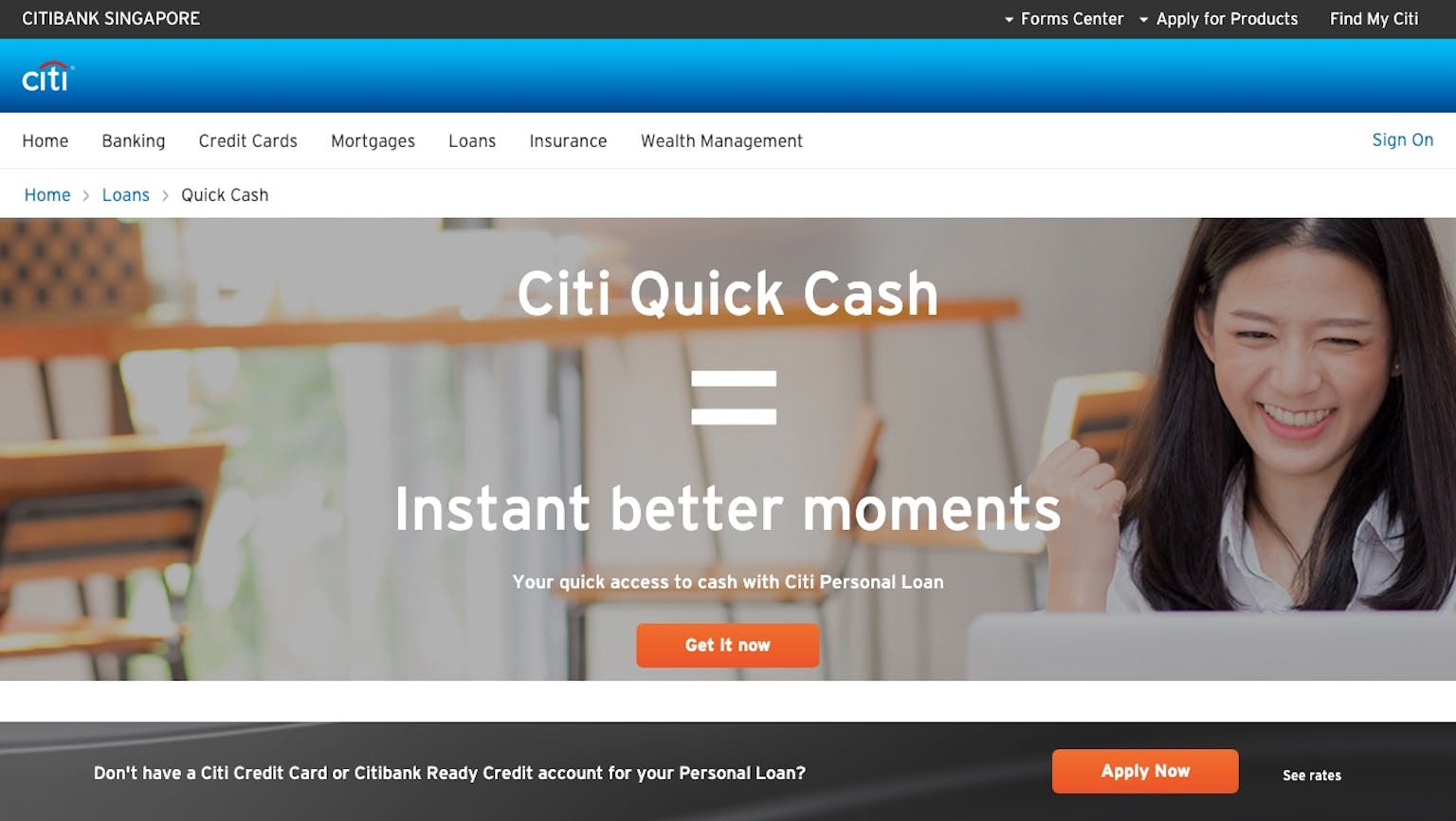
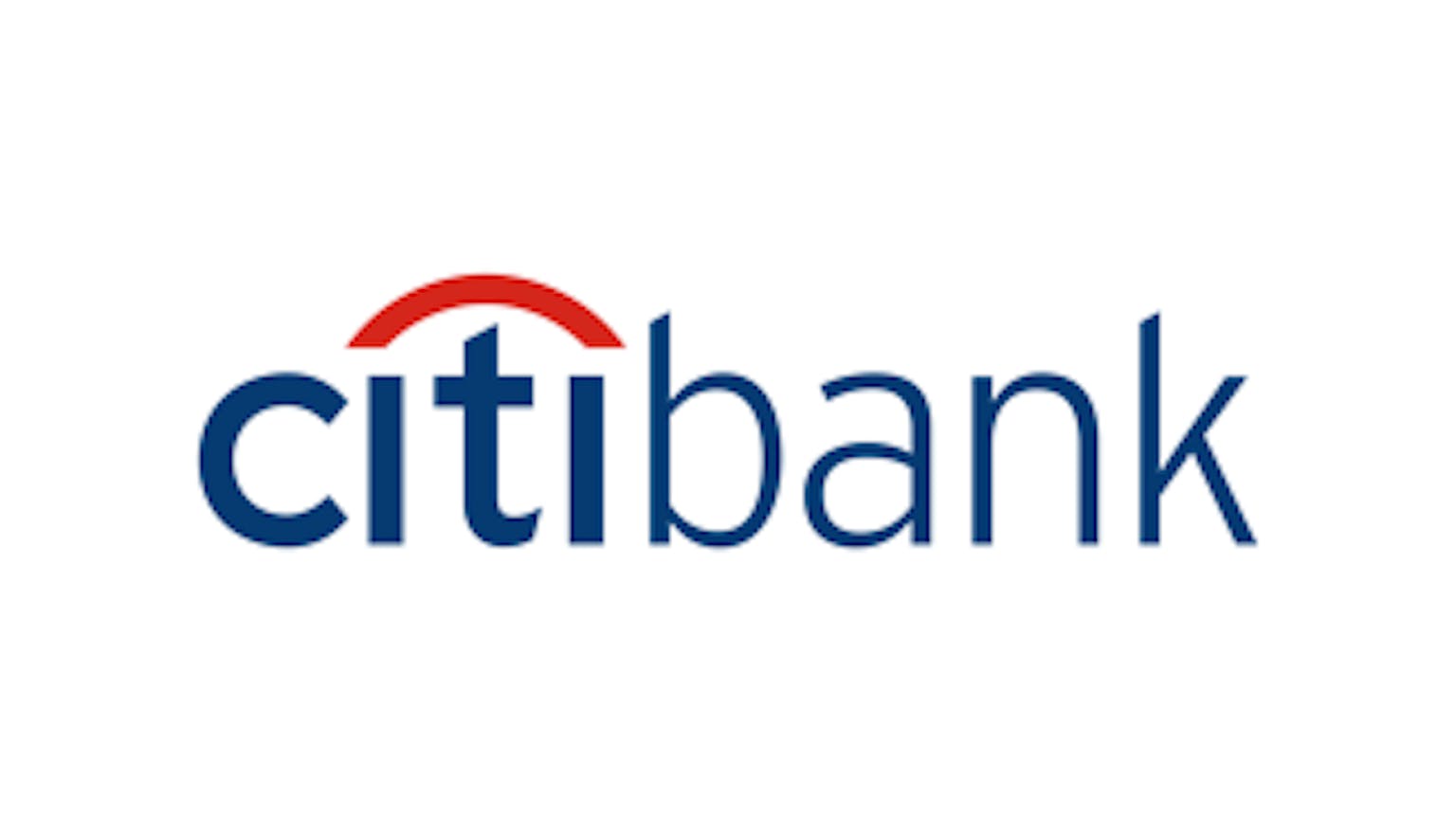


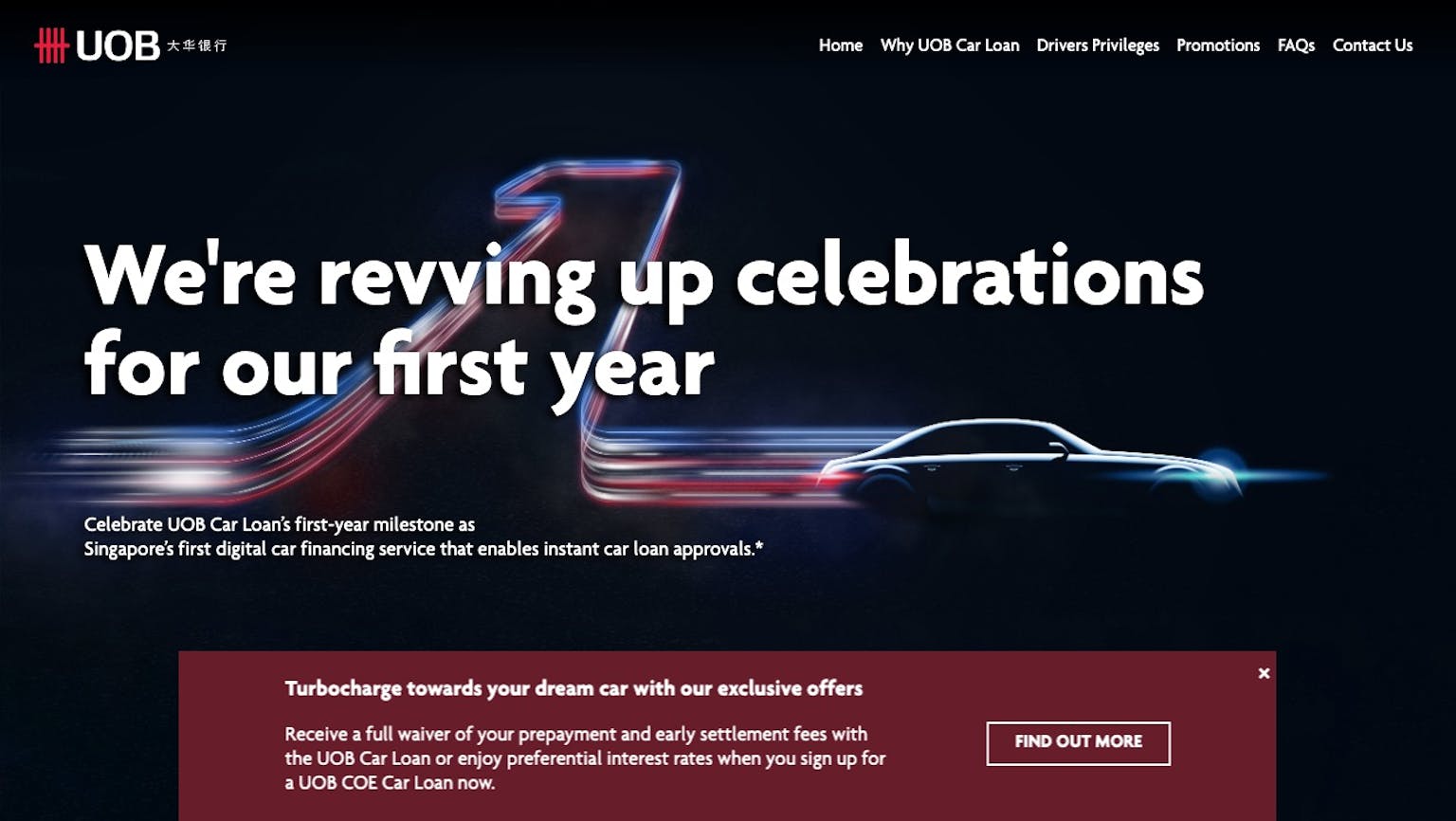

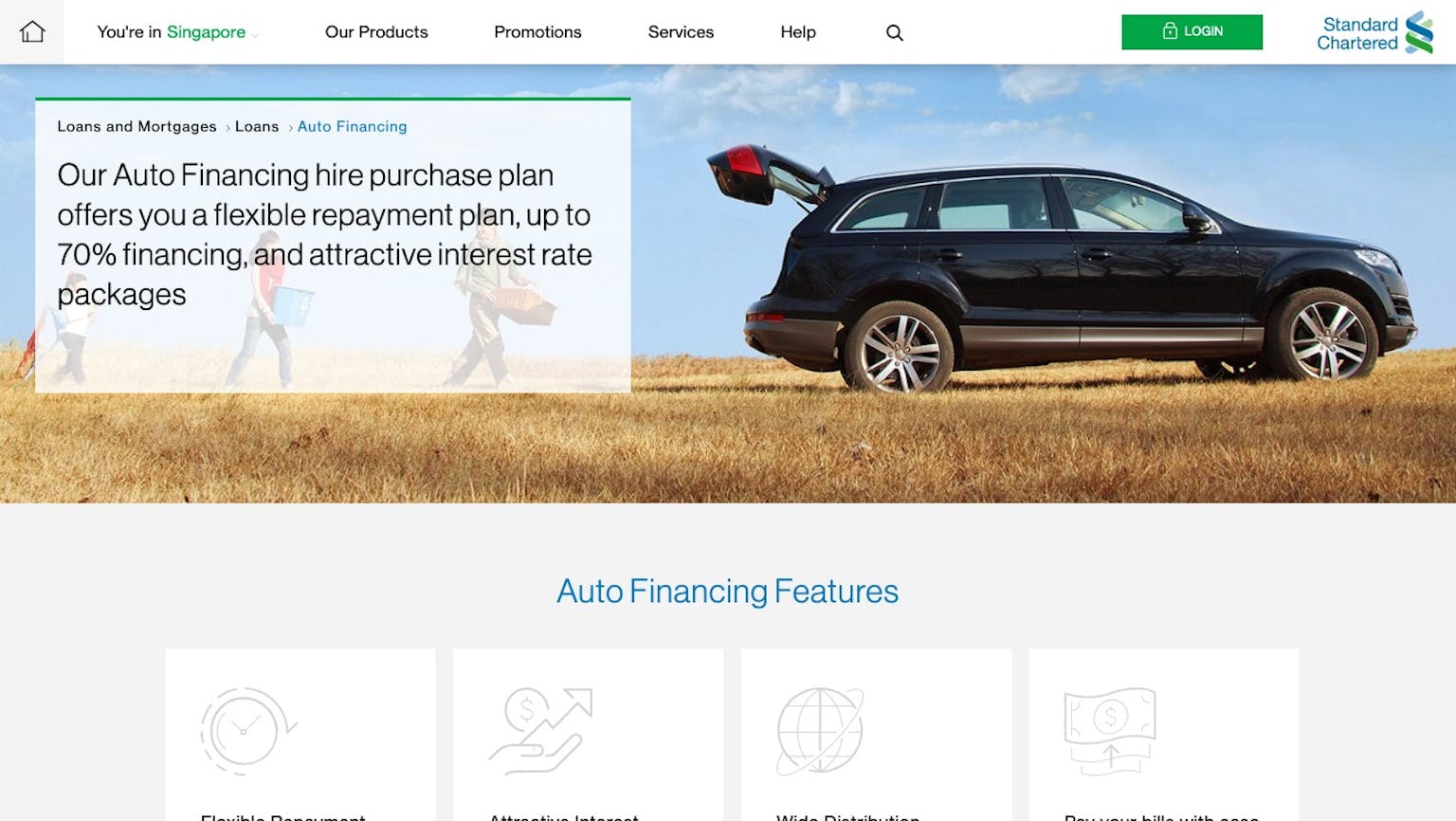

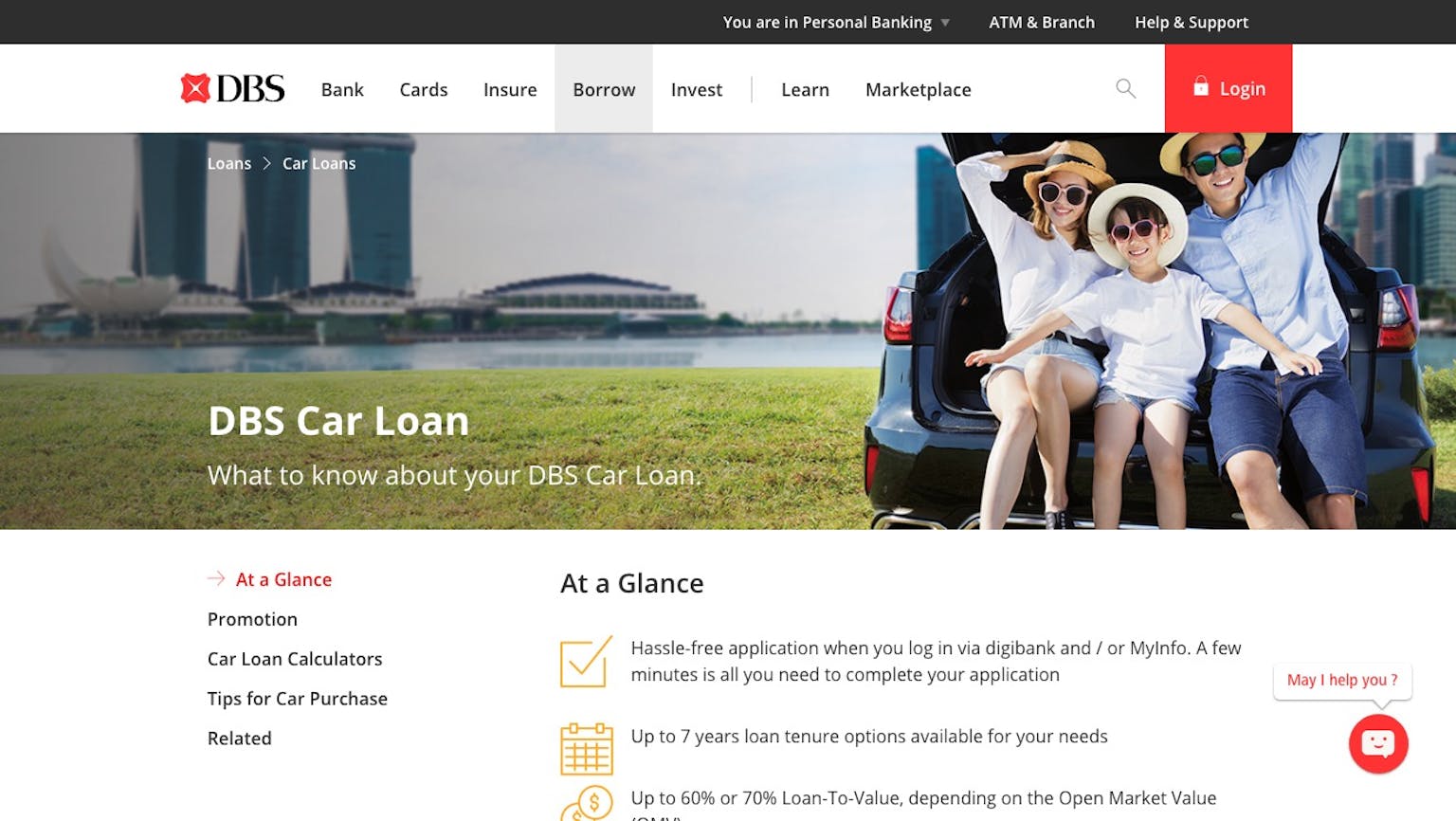

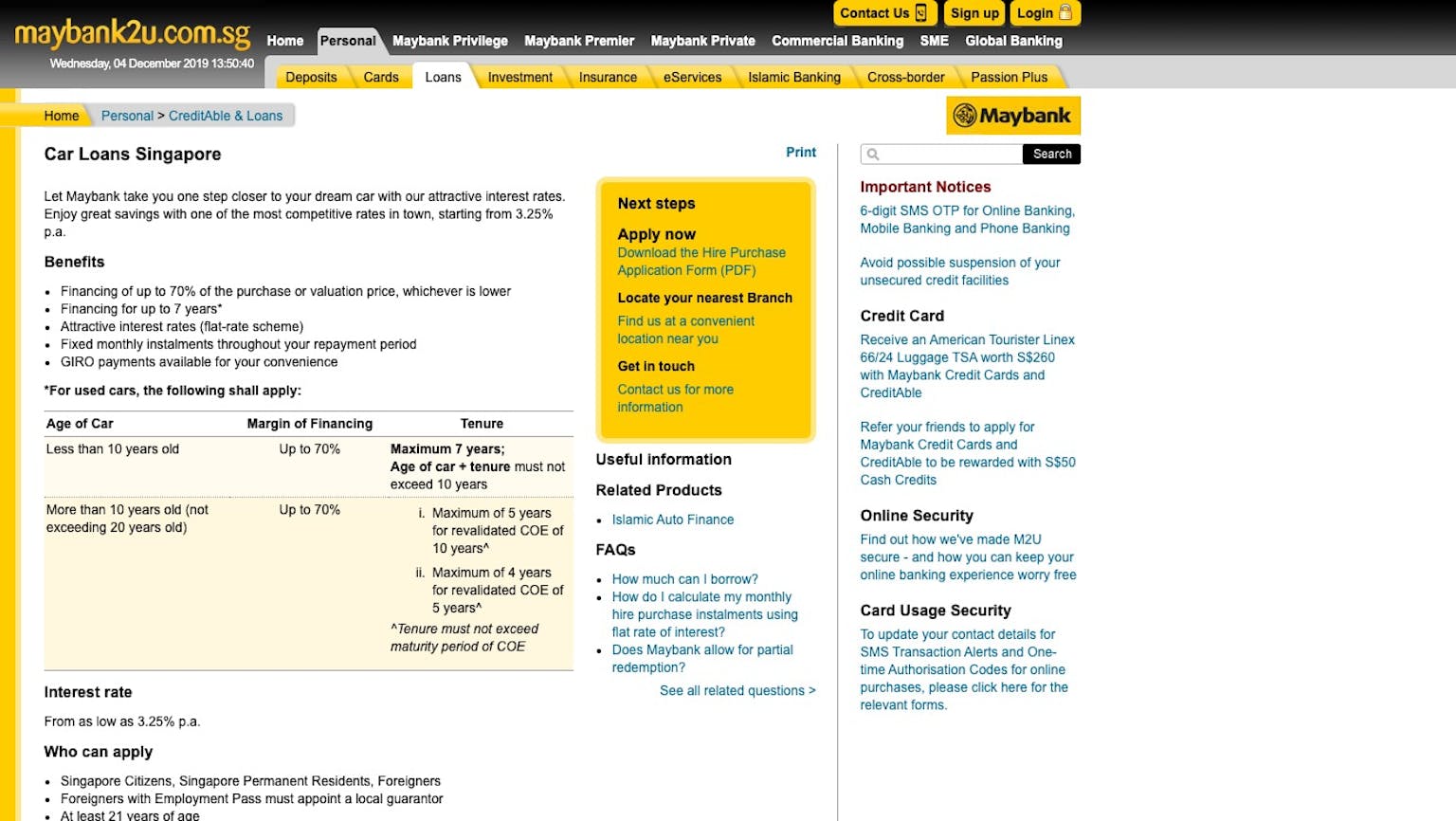
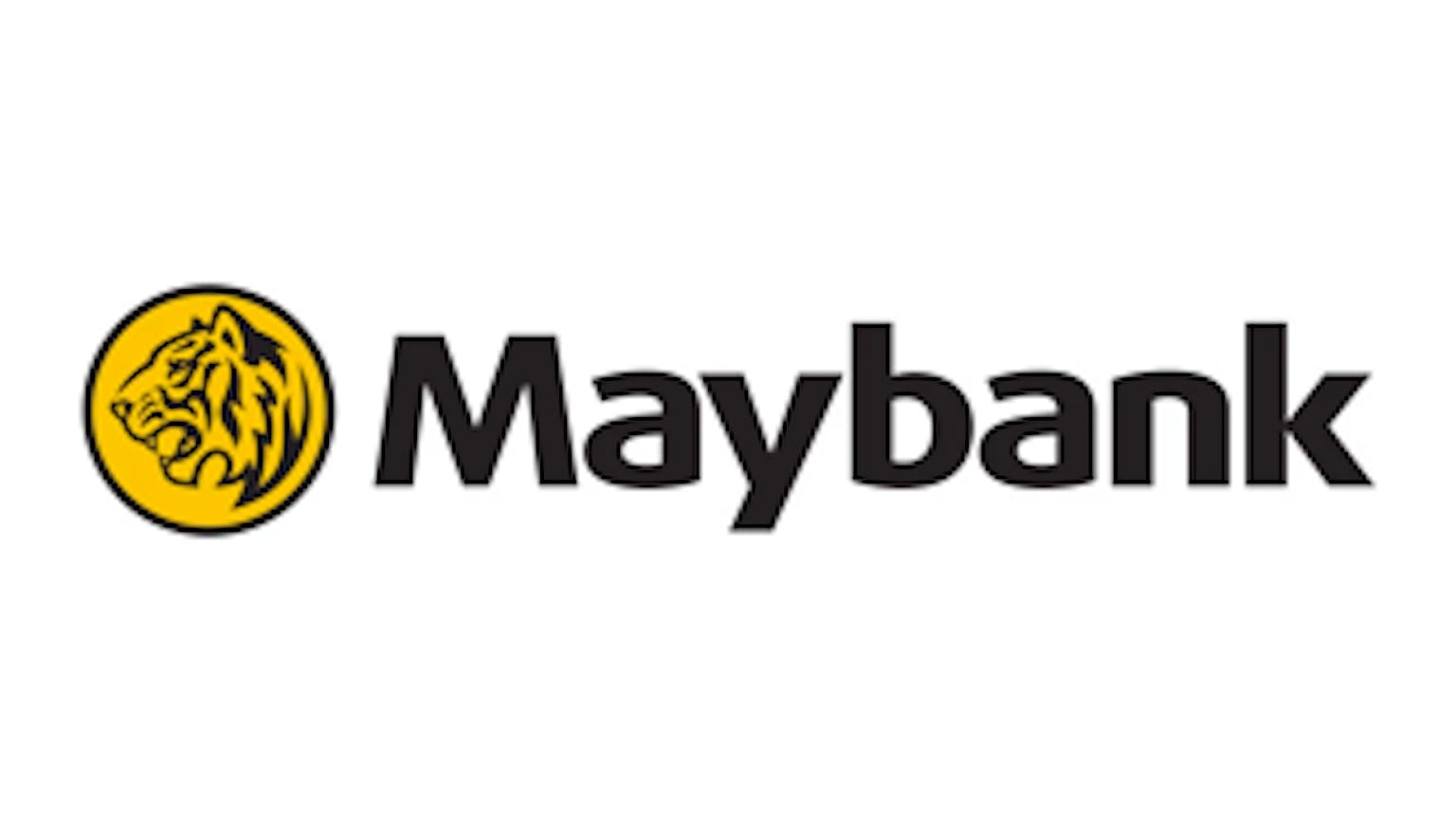

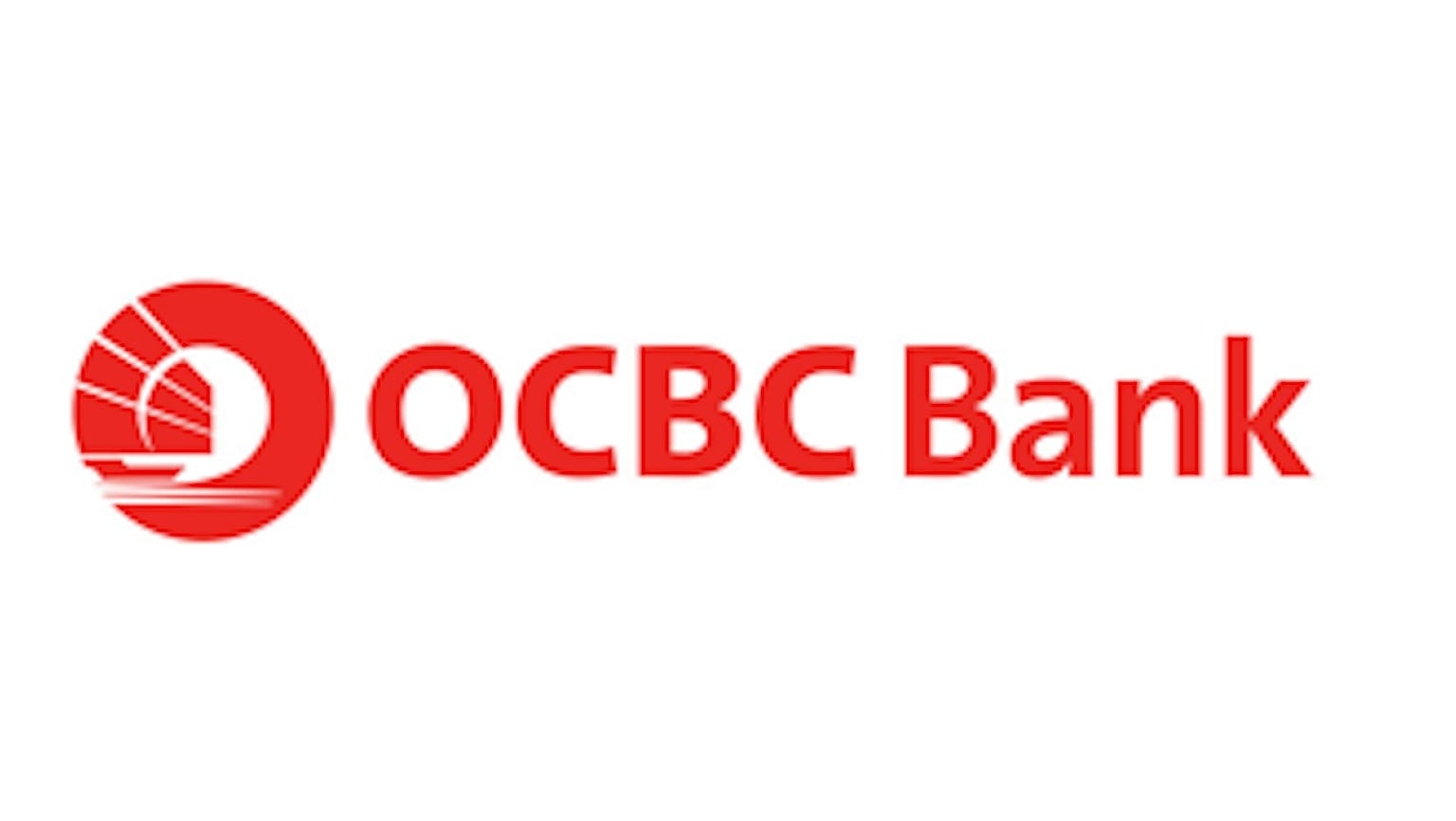


Please leave your knowledge and opinion!